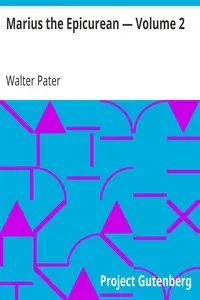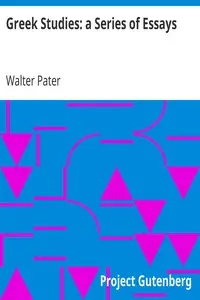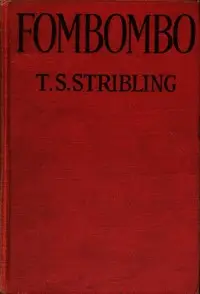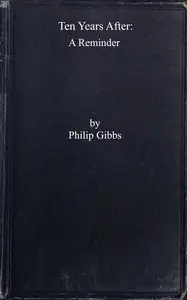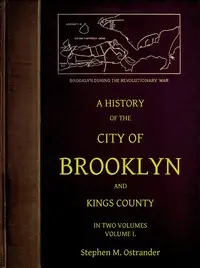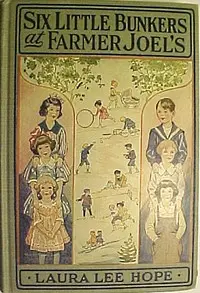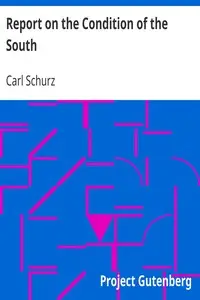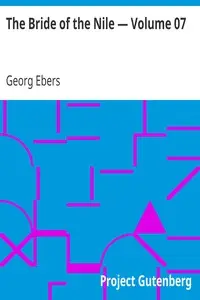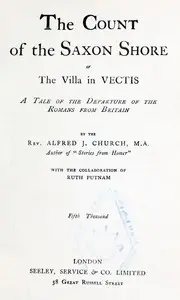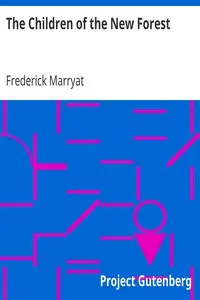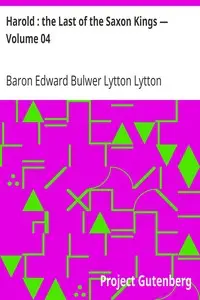"Marius the Epicurean — Volume 1" by Walter Pater is a philosophical novel written in the early 20th century. This work delves into the life and thoughts of Marius, a young Roman steeped in the spiritual dynamics of his time, exploring themes of religion, duty, and the pursuit of aesthetic beauty. The narrative is rich with evocative imagery and philosophical reflections that invite readers to consider the interplay between ancient beliefs and the emerging influence of new ideas. At the start of the narrative, we are introduced to Marius as he engages in the rituals of the old Roman religion, particularly during a ceremony called Ambarvalia. Marius exhibits a profound emotional and intellectual connection to his surroundings and the traditions passed down through his family, reflecting on the deeper meanings behind the ceremonial acts. As he grapples with the tension between his inherited beliefs and the allure of new philosophical ideas, we witness his development from a boy immersed in the past to a thoughtful individual questioning the nature of existence and identity amid the shifting landscapes of friendship and love. Through his eye-catching experiences and contemplations, Marius gradually embodies the struggles and aspirations of a seeker of truth in a richly woven tapestry of Roman life. (This is an automatically generated summary.)
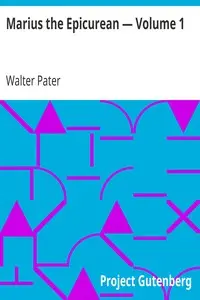
Marius the Epicurean — Volume 1
By Walter Pater
"Marius the Epicurean — Volume 1" by Walter Pater is a philosophical novel written in the early 20th century. This work delves into the life and thoug...
Genres
Released
2003-05-01
Formats
epub
epub3 (images)
epub (images)
mobi (images)
mobi
Free Download
Overview
About the Author
Walter Horatio Pater was an English essayist, art and literary critic, and fiction writer, regarded as one of the great stylists. His first and most often reprinted book, Studies in the History of the Renaissance (1873), revised as The Renaissance: Studies in Art and Poetry (1877), in which he outlined his approach to art and advocated an ideal of the intense inner life, was taken by many as a manifesto of Aestheticism.
Total Reviews
10.0k
Total reviews from Goodreads may change


